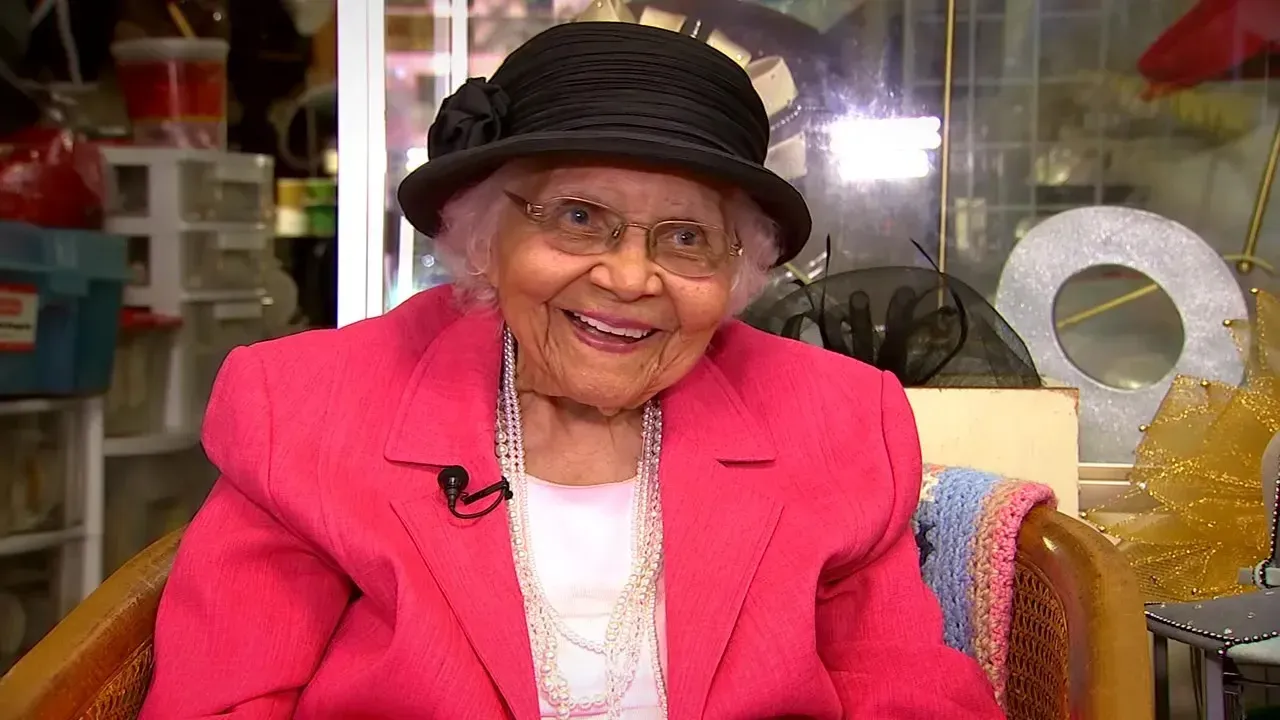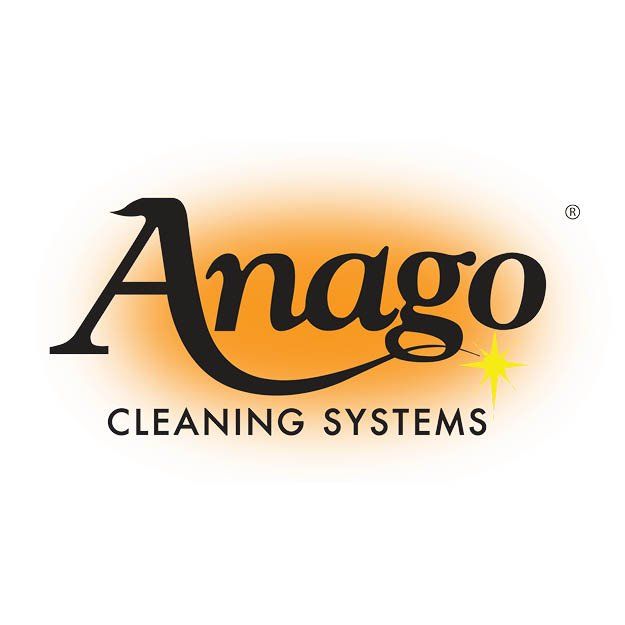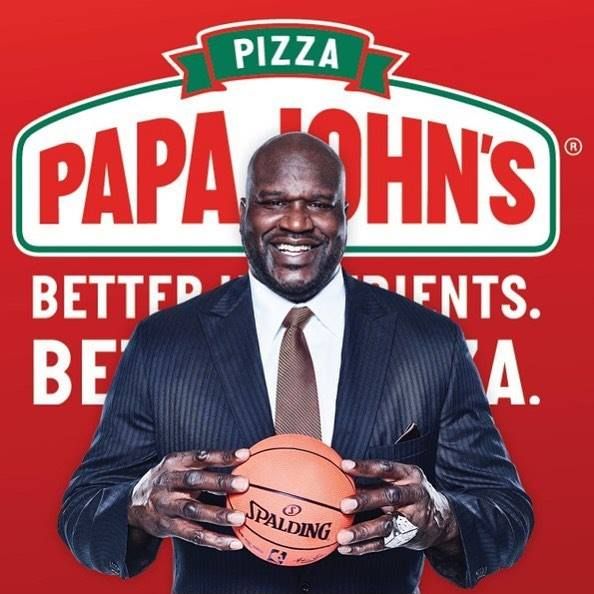Operation Ownership: Inside the Growing Movement of Veteran Franchisees
When U.S. Army veteran Mark Johnson retired after 22 years of service, he knew he wasn’t done serving, he just needed a new mission. Instead of a uniform, he put on a franchise polo. Today, he runs three successful home-service territories and employs a dozen team members, most of them veterans themselves.
“I missed the sense of purpose and teamwork,” Johnson says. “Franchising gave me both - a playbook, a mission, and a team.”
Across America, thousands of veterans like Johnson are discovering that the next chapter of service doesn’t happen on the battlefield - it happens in business ownership. And increasingly, that path runs through franchising.
A Mission That Matches the Mindset
Veterans are uniquely suited to franchising because the model mirrors military principles: structure, systems, and execution. In both worlds, success depends on following a proven plan while leading people effectively.
According to the International Franchise Association’s VetFran program, one in seven franchise owners is a veteran - a statistic that continues to climb. These entrepreneurs are thriving across industries from home improvement to logistics to fitness.
“Veterans understand processes and teamwork better than most,” says Emma Stafford, VP of Development at a national service franchise. “They’re used to structure and standard operating procedures, which is exactly what franchising provides.”
From Boots to Business
Programs like VetFran have made the transition even smoother. Founded in 1991, VetFran partners with hundreds of franchise brands that offer incentives such as discounted franchise fees, mentorship, and specialized training for veterans entering the franchise world.
The impact is tangible. According to IFA data, veterans own more than 66,000 franchise establishments nationwide, employing over 800,000 Americans and generating billions in annual economic output.
For many, franchising offers a blend of independence and support - a structured way to build wealth without starting from scratch. “After years of following and executing plans, veterans know how to lead within a system,” Stafford adds. “That’s what makes them natural franchisees.”
Sectors Where Veterans Shine
Certain sectors are seeing an especially strong influx of veteran ownership. Home services, senior care, property management, and fitness brands are among the top categories - businesses that thrive on discipline, consistency, and customer service.
“Veterans are mission-driven,” notes franchise consultant Jack Tiwari, founder of Franchise Nation. “They like knowing there’s a process, a brand standard, and a support team - but also the freedom to run the business their way. Franchising gives them both.”
Emerging trends also point to more veterans investing in multi-unit ownership and semi-absentee models, leveraging their leadership skills to manage teams rather than daily operations.
Financing and the Path Forward
Access to capital remains one of the biggest barriers to business ownership, but veterans benefit from multiple funding channels. SBA programs and partnerships with veteran-focused lenders continue to ease the path. Critically, many franchisors offer internal financing or waived fees for veterans as part of their recruitment strategy, demonstrating an understanding of the value this demographic brings.
As the veteran community increasingly turns to entrepreneurship, franchising provides a tested framework- a “mission manual” that aligns perfectly with their mindset and training.
A New Kind of Service
For veterans like Johnson, business ownership is more than profit - it’s purpose. “When I open a new location, hire another veteran, or sponsor a local event, it feels like service again,” he says. “It’s about building something that matters.”
The veteran-to-franchisee pipeline isn’t just growing - it’s redefining what leadership looks like in small business America. These owners bring discipline, integrity, and a mission-first mentality to every brand they represent.
And as more franchise systems recognize the power of veteran leadership, one thing is clear: the next great wave of American entrepreneurship might just be wearing dog tags under their business shirts.
About the Author
Jack Tiwari is a seasoned business consultant, community leader, and cultural advocate. With a deep understanding of the franchise industry, he helps entrepreneurs achieve success in franchise sales and acquisitions, business development, and social impact. Contact Jack for any companies mentioned here or more at jack@thefranchiseconsultingcompany.com.











